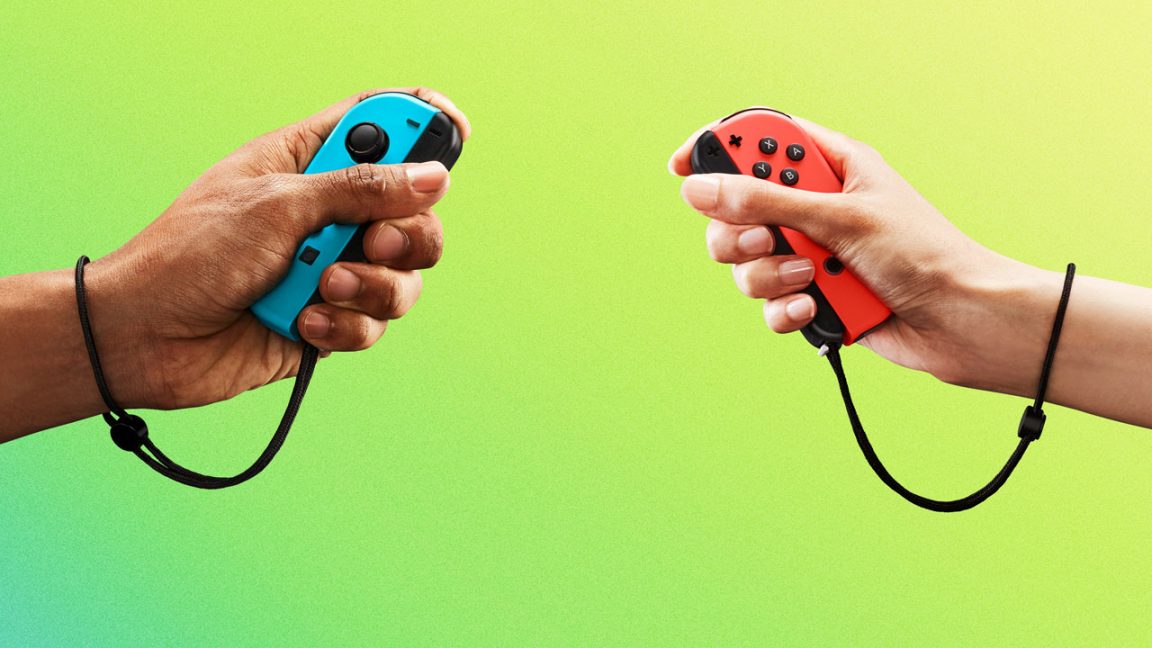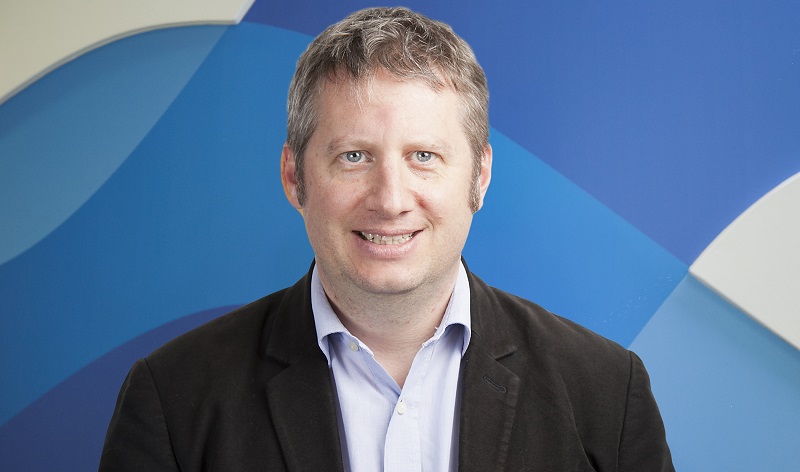Electronic-gaming (e-gaming) is emerging in Kenya and East Africa as an industry: delivering revenue growth of over 25% a year and seeing African games and gamers move into the global arena. The sport is a growing phenomenon worldwide, expected to generate $125.4bn this year, up 15% on 2017, and to attract over 190m gamers, according to the Global Games Market Report.
But in the region, the growth is now greater still, spawned by an emerging ecosystem of gaming communities and organisations, including the Africa Game Developers Community, the continent’s first game developers and friends’ community, with its roots in East Africa.
Africa Game Developers is an initiative of Ludique Works, led by Douglas Ogeto, Nathan Masyuko and Lillian Nduati. Started in January 2018, it already has over 150 members across 12 countries, including Kenya Uganda, Tanzania, Ethiopia, Cameroon, Zambia, and Ghana, spearheading the commercialisation of games developed in Africa.
Together with Liquid Telecom, the community is holding monthly meetings covering development demos, talks, and game showcasing. Games built by members include The Orchard (Kenya), Recce Squad (Kenya), and Kukulu (Ethiopia).
The Orchard developer David Kamunyu is a self-taught developer. Orchard is a slow-paced PC game that requires logic and foresight to restore an inherited farm to its original state. The game is not as straightforward as it sounds. The player has to manage their health and well-being, follow the Kenyan seasons for successful crop and animal yields, and play the market to get the highest profits – or earn elsewhere to make ends meet.
Related: Sh1 million up for grabs for gaming developers
Read: Samsung unveils the world’s largest gaming monitor
Towards the end of 2017, The Orchard was recognised in two international events: A Maze Johannesburg in South Africa, which showcases independent and alternative games and virtual realities; and The Game Mixer, organised by the Goethe Institut, Johannesburg to promote professional exchanges between game developers.
David also emerged as one of the top five game developers in the Digital Lab Africa Competition. Another rising East African gaming developer is Cukia Kimani, from Kenya, who is currently in Johannesburg pursuing degrees in Computer Sciences, Maths and Digital Arts. In 2015, Cukia won the Amaze award for his game, Boxer, which he created with a colleague game designer, Ben Crooks. The game has been selected in several international awards including the Utrecht Indigo Awards 2016, Chicago Bit Bash 2016, and Birmingham Leftfield collection 2016.
Gaming movies to theatres
Gaming tournaments are also now on the rise in the region. NAICCON 2017 was Africa’s first international multiplayer video game tournament, with a total of 16 PC and console gaming teams from Uganda, Rwanda and Kenya. It drew over 3500 creative minds in the animation, gaming and comic book industries.
Nairobi also saw the largest gaming prize pool yet, of Sh1 million, at the second regional E-Sports convention organised by Pro Series Gaming (PSG) Tournament and featuring Mortal Kombat XL. At the same time, PC gaming is moving into theatres, offering fans, supporters, enthusiasts and newcomers dedicated stages complete with LED screens and live commentary and generating a new source of revenue for event organisers, cinema owners, and sound and video agencies.
This entire gaming ecosystem has created an abundance of job opportunities, for 3D modellers, animators, music composers, sound effect creators, User Interface (UI) modellers, customer support staff and others. In this, David is planning to incorporate local music into The Orchard, and working to draw local advertisers, such as clothing brands and hotels: aiming for commercialisation with an African feel.

As this new array of activity has intensified, Liquid Telecom has played a continuous role in promoting e-gaming. For the past four years, we have sponsored a Ugandan gaming community www.gamersnights.com, which is a multiplayer video gaming community, hosting its gaming servers and providing its connectivity, which is critical for seamless online video gaming.
Liquid Telecom has also been the connectivity partner for all of the region’s major gaming tournaments, providing technical and connectivity support to achieve modern age video gaming experiences. Our gaming-quality internet of up to 400Mbps enabled streaming and a gaming LAN Party at NAICCON’s first international multiplayer video game tournament last year.
Rise in e-gaming has created issues of addiction, with WHO in June 2018 beginning the process of classifying gaming addiction as a mental disorder.
We have provided this support because we understand that e-gaming is an industry that will bring jobs and growth to the region, both as a competitive sport that is attracting professional gamers and through local content generation.
However, the rise in e-gaming has created issues of addiction, with the World Health Organisation (WHO) in June 2018 beginning the process of classifying gaming addiction as a mental disorder, placing it into the framework used to plan public health strategies.
See also: Six books Obama has recommended for Kenyans to read
But the nature of the addiction classification has been driven by players setting aside other responsibilities. In 2016, Oxford University researchers found that e-gaming is not as addictive as gambling. Most gamblers are unable to stop once they start betting. Whereas gaming addicts tend to get so engrossed in gaming that their lives can deteriorate as they neglect other activities.
For professional players and young talents moving into e-gaming as a full-time job, earning a living and taking gaming into the international arena, their hours of focus on gaming are, instead, creating a livelihood. Thus, with an internet infrastructure that is now running ahead of many regions globally, East Africa is positioned to lead the way in developing Africa’s online gaming ecosystem.













Leave a comment